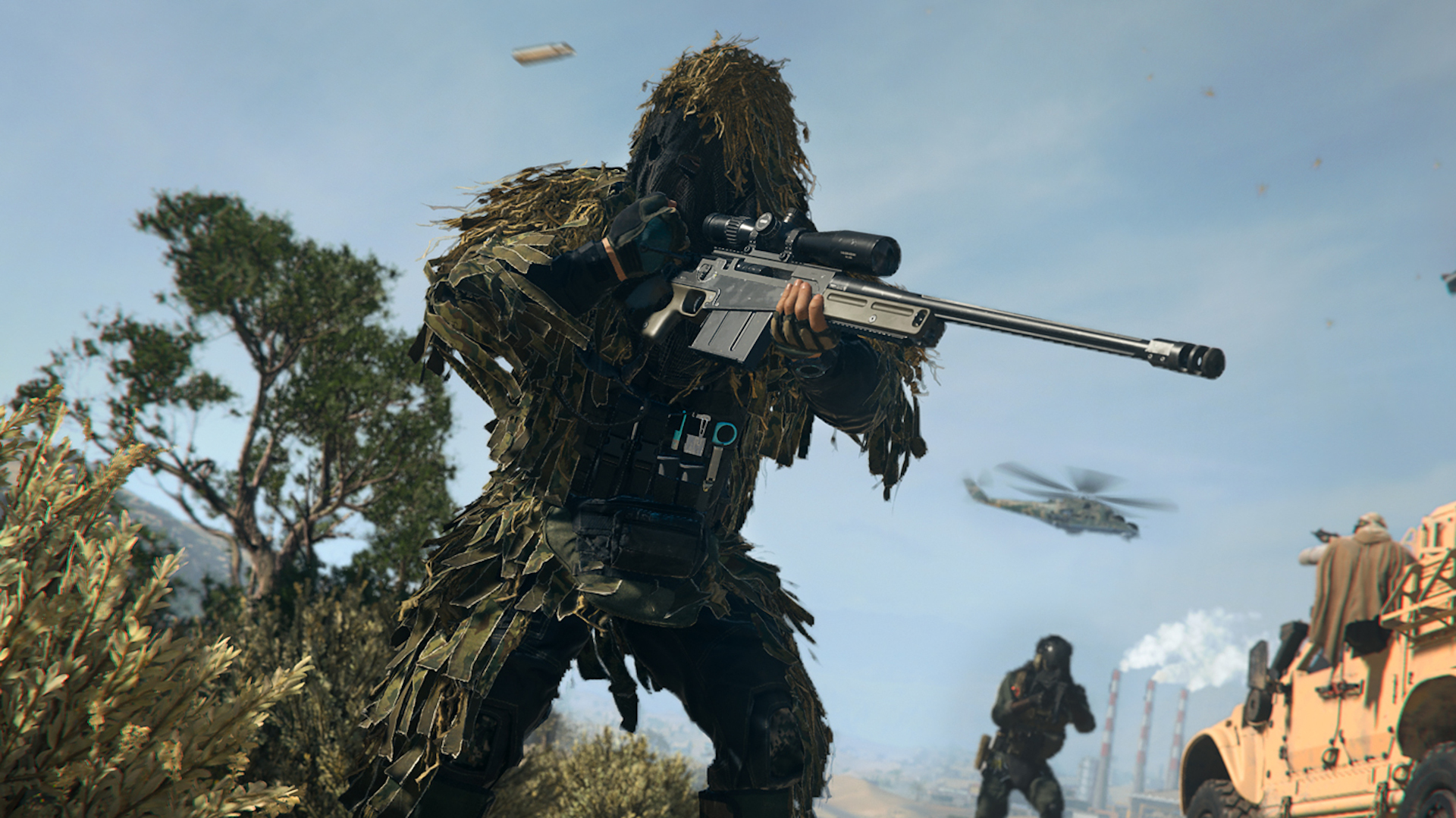How one gun company partnered with Call of Duty to attract 'young potential shooters'
Newly released documents from a firearms conglomerate show how the arms industry uses games to market its wares.

It is common knowledge that arms manufacturers and the videogames industry have partnerships and sponsorship deals, with series like Call of Duty sometimes even including gunmakers like Colt in their credits. But we almost never get a glimpse at what these deals involve, both in terms of the finances and the thinking behind marketing real weapons in virtual worlds.
Internal emails and company records from Remington Arms, a subsidiary of arms manufacturer The Freedom Group, have been disclosed by a US lawyer following proceedings against the group. They were obtained as part of a lawsuit filed by parents of children killed in the 2012 mass shooting at Sandy Hook Elementary School, in which the killer used a Remington AR15 rifle, and were first reported by the Wall Street Journal. The lawsuit in question was settled last year for $73 million.
The documents are from the late 2000s and early 2010s, and this tranche relate specifically to 2009's Call of Duty: Modern Warfare 2. They include the Freedom Group's "Gaming Strategy" memo (undated), which says that "with increasing urbanization and access to shooting/hunting areas in decline, a primary means for young potential shooters to come into contact with firearms and ammunition is through virtual gaming scenarios".
The same document says executives believe the inclusion of their firearms in games like COD would "help create brand preference among the next generation" and see the company "win our fair-share of these young consumers".
The memo does expressly forbid the use of the company's guns in games where players could shoot "non-military bad guys" (which makes Modern Warfare 2 an odd choice: this is the game with the No Russian mission), but with cynical disregard says in those games mere replicas would be fine: "Previous experience tells us people will seek out the brands of the guns. A lack of direct branding helps to shield us from implications of a direct endorsement while still receiving benefit from inclusion in the game."
A deal was signed in 2009 between Remington and Activision Blizzard to include a gun called the Adaptive Combat Rifle (ACR) in COD: Modern Warfare 2. It is a civilian version of a military-style semiautomatic rifle that Remington was hoping to market successfully to a younger crowd. "It really is irony [sic] that video games that just a decade ago were considered the number one threat to gaining new shooters is perhaps now the number one draw," wrote Remington's then-VP of product management for firearms in 2012, with the company thrilled that Modern warfare 2 had sold over 22 million copies.
"The reason the guys love it is because of its ‘low recoil’ in the game, which allows the player to maintain target acquisition," Trull wrote in a 2010 email. Fellow Remington VP Roy Gifford replied saying "it’s amazing how a game can sell a real world product attribute." The ACR also appears in the China-only Call of Duty Online, and is rumoured to return in this year's Call of Duty: Modern Warfare 3.
Keep up to date with the most important stories and the best deals, as picked by the PC Gamer team.
This would not translate to sales in the ACR's case, because, per Trull "the product was eventually discontinued after years of low sales volume". Remington parent company Freedom Group filed for bankruptcy three years ago and was broken-up and sold-off.
After the Sandy Hook mass murder, in which 20 children and six teachers died, videogames were identified by some as a contributing factor to the killer's actions. The loathsome National Rifle Association sought to deflect attention towards the entertainment industry rather than the arms industry, and public backlash got such that EA in 2013 announced it would no longer licence the rights to real guns in its popular Battlefield series or elsewhere.
Josh Koskoff represented the families in this lawsuit, which argued that Remington's marketing through videogames appealed to individuals like the Sandy Hook killer. He says the firm will release more documents in the weeks to come.
"The whole reason we brought this suit was to create change, specifically around changing marketing practices," said Nicole Hockley, whose 6-year-old son Dylan was murdered at Sandy Hook. "As the discovery becomes public, we hope it raises awareness and creates pressure for change."

Rich is a games journalist with 15 years' experience, beginning his career on Edge magazine before working for a wide range of outlets, including Ars Technica, Eurogamer, GamesRadar+, Gamespot, the Guardian, IGN, the New Statesman, Polygon, and Vice. He was the editor of Kotaku UK, the UK arm of Kotaku, for three years before joining PC Gamer. He is the author of a Brief History of Video Games, a full history of the medium, which the Midwest Book Review described as "[a] must-read for serious minded game historians and curious video game connoisseurs alike."

